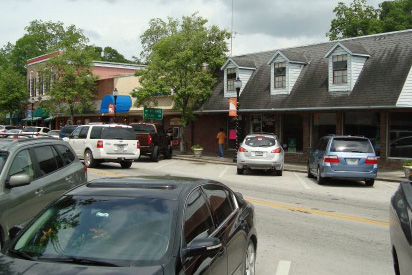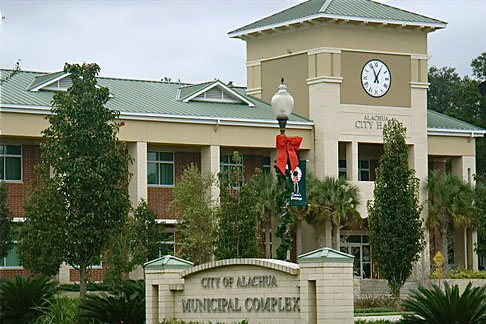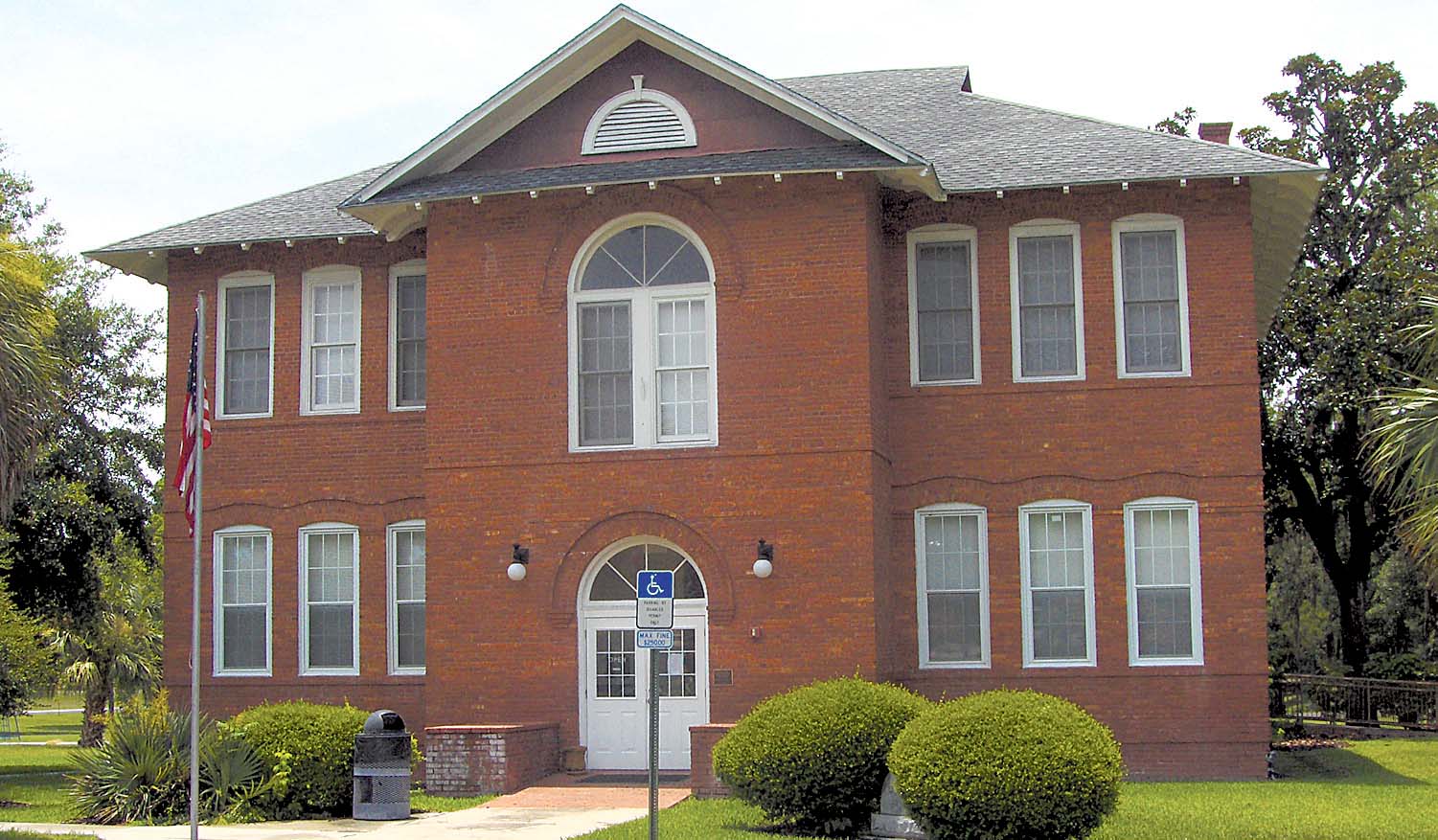ALACHUA – Students from the Bhaktivedanta Academy recently had an opportunity to show off original artwork they created as part of a two-month long project. At the Feb. 10, 2020 Alachua City Commission meeting, Mayor Gib Coerper presented certificates to 15 students at Bhaktivedanta Academy for their photographic project entitled "My Family, Friends and Me – Creative Portraits,” which is currently on display in City Hall.
Bhaktivedanta Academy is a Montessori school, which also emphasizes spiritual traditions and culture of ancient India among the Hare Krishna community. The seventh through tenth graders at Bhaktivedanta Academy study in the International Baccalaureate (IB) system, which is a worldwide program with the goal providing students with the opportunity to receive an education fit for a globalizing world.
The art project was an exploration of students finding creative ways to express themselves through photography. The students took hundreds of pictures in different genres, including landscape, still and "forced perspective" photos, and created photo essays about topics they felt strongly about. They then focused on unique ways to photograph their family, friends or self.
The creative project was a perfect match for IB schools that specifically educate students to be risk-takers and good communicators, as well as creative thinkers.
As part of the school’s visual arts program, instructor Kristina Danka developed the idea of creating unusual portrait concepts for the students to explore. The assignment was to show new ways of viewing people they knew, themselves or to create portraits of the student’s idols, mirroring other photography or art over the centuries. Other than these basic guidelines, it was up to the individual student to decide how to accomplish this.
If the student was to show a portrait of family, friends or self, they were to create a triptych of three photos showing head, hand and feet in ways that reflect the person’s personality. If it was recreating an image of an artwork or famous person, they could emulate it or create a portrait that reflected their view of the subject.
“I have found that this ‘freedom within boundaries’ methodology works very well for this age group, they get just enough guidance so that they know what they are doing and don't feel lost, but to execute the tasks they need to take their own initiative, explore new territories, and dive into creative challenges,” Danka said. “We have found that these photography exercises gave our students a great opportunity to tap into their own, often unexplored well of creative energy.
“This project was a way to get them to focus on composition, self-expression, and exploring the power of observation that enables us to find uniqueness in ordinary objects, or people we see every day instead of simply taking pictures,” said Danka.
Danka began teaching at the Bhaktivedanta Academy four years ago. She is a European-born filmmaker and academic who moved from New York to Alachua with her husband who was a screenwriting professor at NYU, and also works in Hollywood as a story analysis. She has produced over 30 award winning documentaries and videos and is the author of three books.
Most of her documentaries have been about socially conscious issues, humanitarian causes and the environment. “The first time we visited Alachua County was in 2015, when we were working on a documentary job. We immediately fell in love with the people and the climate here, and were especially impressed by the wonderful atmosphere of the Bhaktivedanta Academy in Alachua,” said Danka. She went on to explain that the next year when their daughter turned six, they decided to move to the area and enroll her in the school.
“This was supposed to be a one-year experiment for us due to concerns about being distant from family, the Florida environment and weather and moving to a rural area after years in the big city,” said Danka. “It has been four years now, and although we still do a lot of back and forth traveling between New York and Florida, we feel settled and happy here.”
Danka had taught adults at college level for over 10 years, and said she was concerned about entering a classroom full of teenagers. “But I must say, these kids are truly amazing, we get along very well,” Danka said. “Day by day, I am inspired by them and feel very privileged to be able to facilitate them opening new doors of self-discovery and witness their creativity.”
# # #
Email rcarson@
alachuatoday.com







